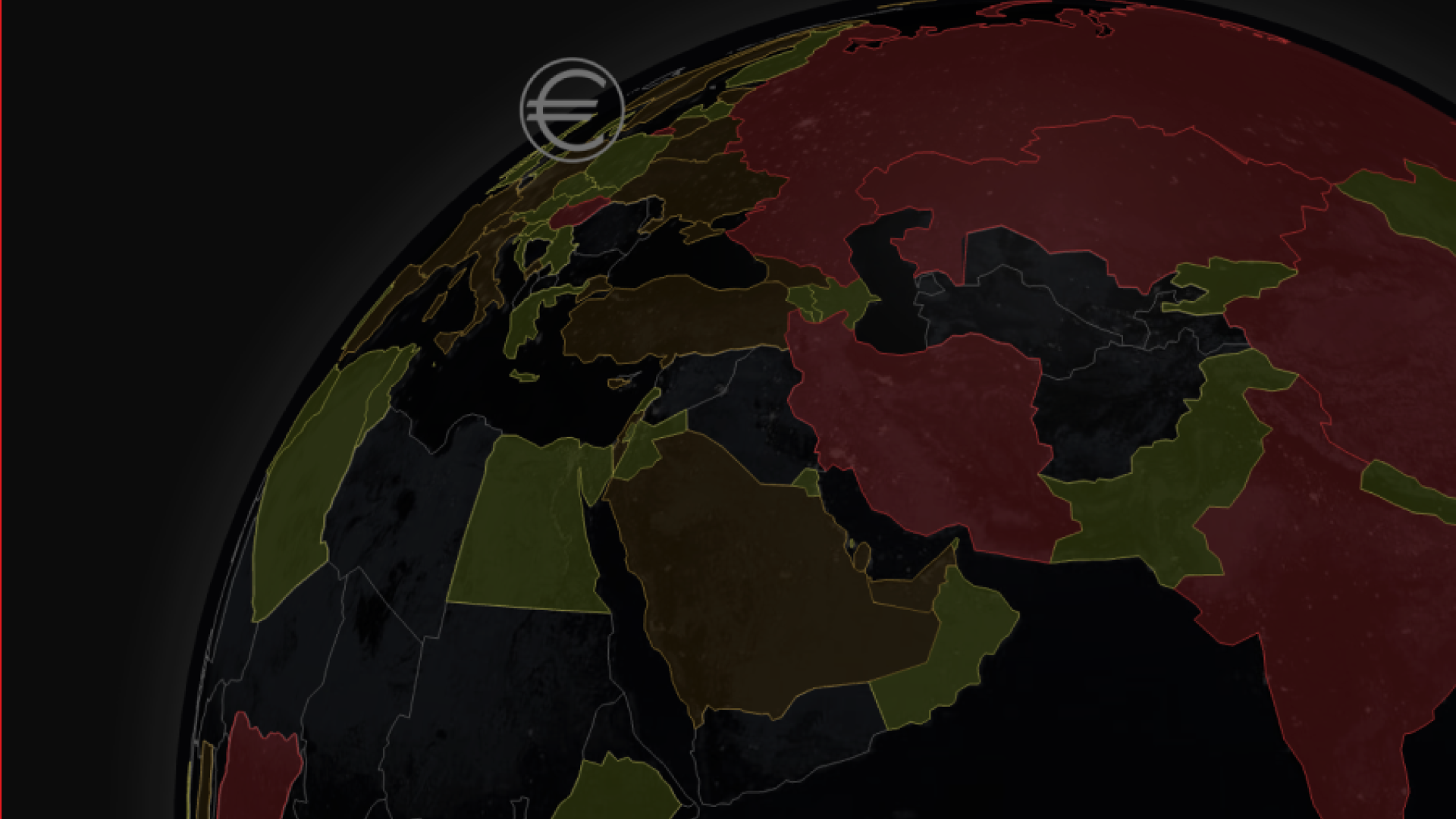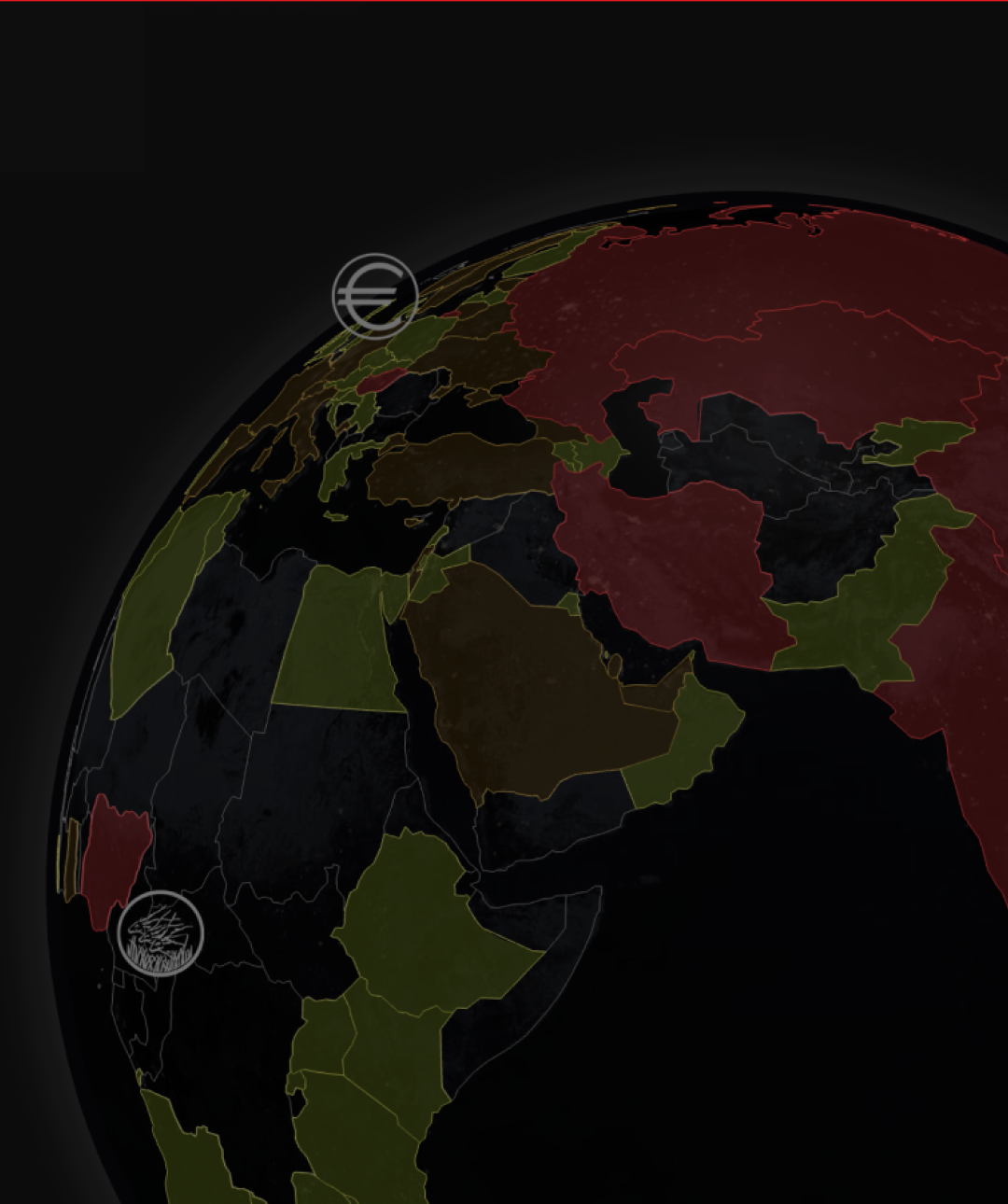

Central bankers have a corruption problem. Recently, Yao Qian, the former head of the People’s Bank of China’s research into central bank digital currency (CBDC), was removed from office and expelled from the Chinese Communist Party for engaging in corruption.
Yao is not the first pro-CBDC central banker to run into trouble either. Corruption has trailed CBDC projects at the central banks in Nigeria and Lebanon as well. Each of these cases marks a firm reminder of the risks that come with centralized power. And each of these cases ultimately serves as further evidence against the rise of CBDCs.
In China, Yao spent years developing China’s CBDC (known as the digital yuan) as the first director of the People’s Bank of China’s Digital Currency Research Institute. Under his leadership, the research group filed more than 41 patent applications for different aspects of CBDC technology — paving the way for what would be launched in the years to come.
Yet, Yao was removed from office by the Chinese Communist Party in November for allegedly engaging in corruption. State-owned media reported that he “betrayed his original mission” and “spared no effort to support specific technology service providers for his own selfishness.”
A similar issue occurred in Nigeria in 2023 when former Central Bank of Nigeria governor Godwin Emefiele was ousted for his own set of corruption charges. In the years leading up to his arrest, Emefiele had overseen the development of Nigeria’s CBDC (known as the eNaira) and the government-induced cash shortage that followed. He watched as protests turned to riots amidst the shortage and called it a success when CBDC adoption—driven by desperation—rose from 0.5 percent to 6 percent.
Not long after Emefiele’s arrest, authorities discovered the former governor had 593 unauthorized foreign bank accounts. His accounts in the United Kingdom alone had upwards of $691 million. But perhaps most notably for the present discussion, the authorities also said Emefiele had failed to “get approval for a controversial redesign of the naira.”
In contrast to the experience in China and Nigeria, Lebanon’s CBDC has not yet materialized. In fact, its status is something of an open question. Back in 2017, Banque du Liban governor Riad Salameh announced that a CBDC could soon be in Lebanon’s future. Acknowledging the public’s attention on Bitcoin, Salameh said, “What matters to us in order to maintain confidence is that the digital currency be issued by the central bank, and we will achieve that gradually.”
Salameh was ultimately arrested before he could see that happen. His alleged crimes include embezzlement, money laundering, and fraud. The US Department of the Treasury also sanctioned Salameh for engaging in an international corruption scheme.
Cronyism, mismanagement of public money, abuse of powers, and a web of international corruption have left a stain on all three central banks. As documented in the Human Rights Foundation’s CBDC Tracker, these problems are only the beginning. Despite being such a new phenomenon, CBDCs are increasingly associated with significant human rights and civil liberties concerns.
Perhaps it should not be a shock that those pursuing power might ultimately abuse that power. Yet, how can the public be expected to trust governments with the ability to conduct sweeping surveillance and leverage financial controls when the officials leading CBDCs are embroiled in corruption scandals? If central bankers can’t resist abusing their existing powers, they should not be granted tools that give them even greater powers. Rather than expand these governments even further, it’s time to limit them.
Nicholas Anthony is a fellow at the Human Rights Foundation.
Hit enter to search or ESC to close